How Does Brexit Affect Your Business?
We are almost 3 months into the new world since Britain left the EU. Many businesses are approaching their first VAT quarter but does everyone really know where they stand with reporting requirements…. It has been and still is a rocky road.
The NI protocol –which places a hard border between Britain and the whole island of Ireland for trade. Goods moving between the two locations are required to complete customs declarations. As a result, NI businesses now have 2 areas to consider, VAT and Duty (customs).
Regardless of what you trade you will likely be affected in some way by the process and reporting now required if you buy/sell between GB NI and ROI.
Trading goods between Northern Ireland and Great Britain.
The Trader support service will help you to declare the movement of your goods for customs.
https://www.tradersupportservice.co.uk/tss
Key things you need to know are:
- your EORI number,
- commodity codes for goods you buy and sell and
- any additional regulation required for your goods.
Speak to your haulier and suppliers and keep communication channels open.
Consider deferred accounting options for payments of duty and Vat which can speed up processing at ports and help to manage business cash flow.
There are special rules for good that move into NI and then will be moved to ROI. It is important to spend time looking at your supply chain and your distribution channel to make sure you are aware of how these changes affect you, if you have not done so already.
VAT will apply on the sale of these goods as per normal however there are a small number of exceptions so do not leave it too late to check out if you need to change anything in your VAT return.
Trading goods between Northern Ireland and Ireland
For goods moving from NI to ROI there is no customs duty declarations required however, if those good originated in GB and travelled through NI then declarations will be required along with any customs tariff.
As above you will need to become familiar with the key categories and terms for your products and possibly investigate a deferred accounting option.
There is also no change to the current VAT rules in respect of goods traded between Ireland and NI. With the exception that NI businesses and those trading in goods in NI will be required to use an “XI” prefix in front of their VAT registration number rather than the “GB” prefix when trading with EU suppliers and customers.
There is no VAT as goods are now a supply to outside the EU.
If goods are sold to ROI from GB and moved through NI then different rules will apply. There are many scenarios here and many different types products that can be traded.
HMRC guidance can be useful:
But also, seek advice. Talk things out and understand what is required to ensure you are fully compliant and accounting for things correctly. It may be pain now but will save you even more pain down the line if things have been managed incorrectly.
Don’t be put off buy the extra work needed – once set up things can run smoothly and allow you to continue to trade, grow or expand your business to new markets.
Supply of Services
Services are not covered under the protocol therefore no declarations required.
Northern Ireland will follow all the normal UK VAT rules for services however there is as always some services that will be an exception so again look for specific guidance.
EC Sales List – There is no longer a requirement to complete EC sales lists if you are in GB or NI as we have left the EU.
Intrastat declarations will still be required if your business meets the threshold.
Further guidance can be obtained from InterTrade Ireland, HMRC along with NI business Info.
